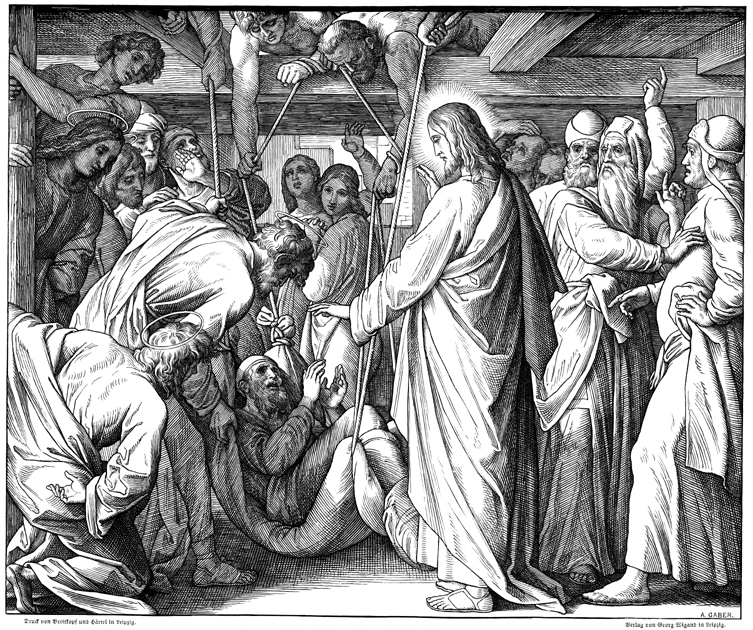For
most of my life I thought miracles were just ancient stories that had probably been recorded by the credulous. But now I’ve changed my mind. For the past five months I’ve
had pronounced breathing problems and I’d been sent by a lung specialist for a
series of tests. The last of these was a video fluoroscopy (an X Ray video); an
odd experience, since you can see your lungs working in almost real time as the images
are projected onto a screen in front of you. The report was brief and clear, I
had a partially paralysed left diaphragm. It was a terrible shock.
A
paralysed diaphragm is the result of damage to the phrenic nerve, the doctor
explained. How did I get it? Probably during my major surgery in 2011 which
opened up my chest to remove a tumour that had grown into my vena cava. The
phrenic nerve runs from your neck around your heart and into your diaphragm.
Apparently such paralysis is a reasonably common side-effect of cardiac
surgery. These things happen, said the doctor. The nerve had been damaged and
my diaphragm was raised and weakly flickering, allowing my stomach to move up and
become wedged inside my ribcage; together these were putting pressure on my
left lung and greatly limiting my breathing. And what could be done about it?
Nothing much, I was told. It was a permanent impairment.
On
top of the shock was fear. I’d had breathing and digestive problems ever since
the surgery in 2011. After a series of tests three years ago, I was told that I
had a hernia in my diaphragm and that this could be repaired by surgery. Still
recovering from the first operation, I wasn’t keen for further surgery so it
was agreed that I would have the remedial operation if my symptoms worsened. Over
time I learnt to live with these problems. In January my breathing had
deteriorated so much that I told my GP I wanted to go back and have the
surgery. But now I was being told that this longstanding diagnosis was wrong
and there could be no surgical solution to the problem. So did this mean that I
was now moving inexorably to ever greater breathing impairment?
On
top of the fear came anger. A moment’s carelessness by a doctor had left me
with a lifetime of problems, which couldn’t get any better and may well get a
lot worse. On top of that, when I had complained about post-surgical problems I
was given the wrong diagnosis. If I’d been given the correct diagnosis three
years ago, then perhaps something could have been done to slow down the
deterioration in my breathing. I was full of questions. The GP couldn’t help me
with any of them. I wrote them all down in a letter to the lung specialist
asking to be seen urgently.
On
top of the anger came depression. I tried doing breathing exercises I found on
the internet but these irritated my already inflamed lungs. The stress on my
lungs had given me asthma too. I felt I was in a downward spiral. Walking and
cycling in the great outdoors had been such a big part of my life; I would have
to face up to letting go of them. I began to imagine myself housebound with an
oxygen tank as my constant companion.
In
truth these were not separate phases but all mixed up together. Each day became
a real struggle. I found myself getting very frustrated and reacting to
irritations that I would previously have brushed off. With no response from the
specialist to my urgent request, I decided to explore other options. I had been
to an osteopath in Holywood who was trained in Eastern medicine and
acupuncture, I booked an appointment.
Ralph
McCutcheon listened to my story and asked me to lie on the treatment table. He
got me to open my mouth and pressed his thumb hard into the roof of my mouth
telling me to breathe deeply at the same time. Next he worked on vertebrae in
my neck and back. Lastly he manipulated my abdomen at the bottom of my ribcage
for a while. That’s fixed it, he said.
I
left the treatment room and did some breathing exercises. There was an unusual
ache in my left side. I thought it was due to his pressure. But the ache
persisted and later I had more feeling at the base of my ribs where my left
diaphragm should be. That evening, my breathing seemed easier. I began to hope
that he had made a difference. I spent an anxious night. On waking I tried the
breathing exercise and felt the left diaphragm flex. It got sore quickly but my
diaphragm seemed to be working much better than before; I could fill my lungs
and breathe more clearly. And my stomach and digestion felt better too; instead
of feeling bloated after eating just a little, I felt hungry and was able to
eat heartily without stomach ache.
It
was miraculous. I’d been told by conventional medicine that there was no hope.
I’d been given the laying on of hands. And I seemed to be cured. Thanks to the
blessed Ralph I have a new lease of life.


